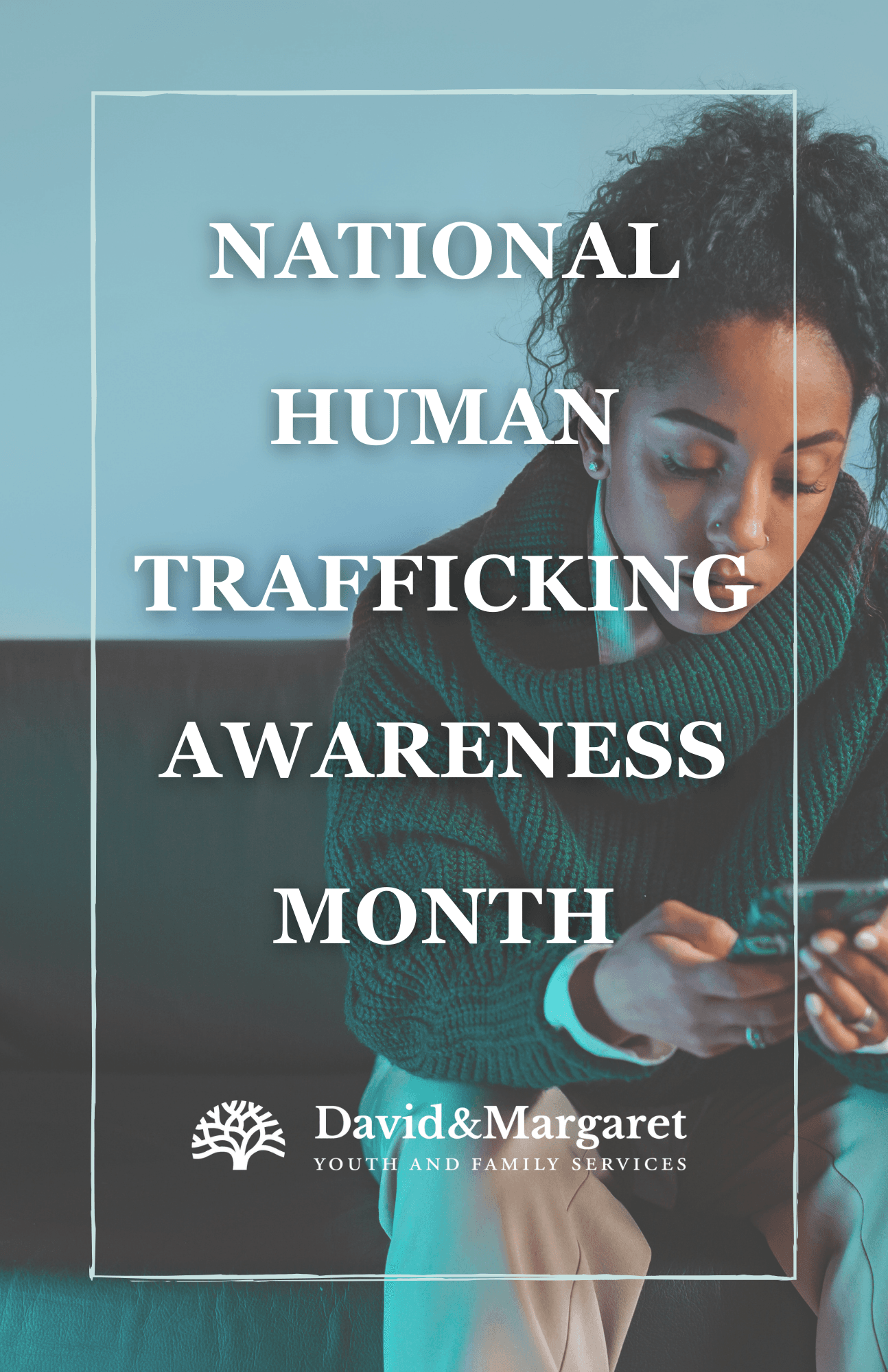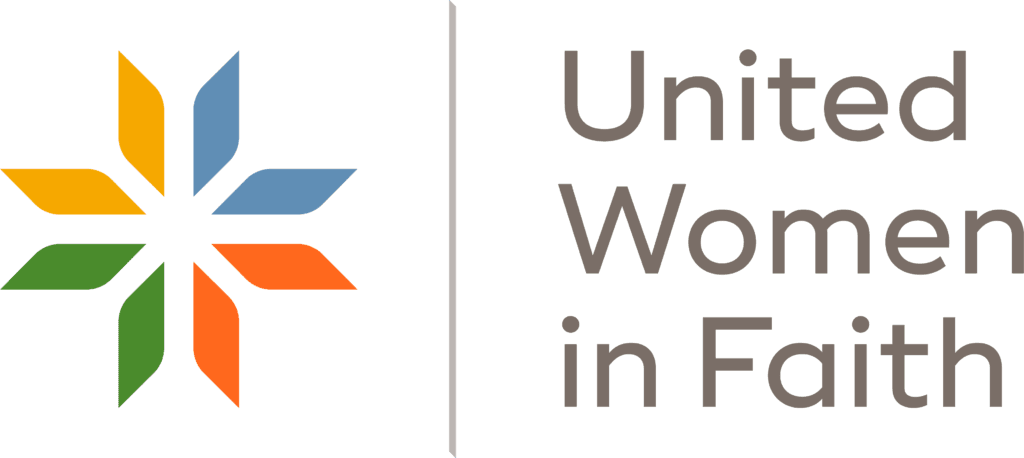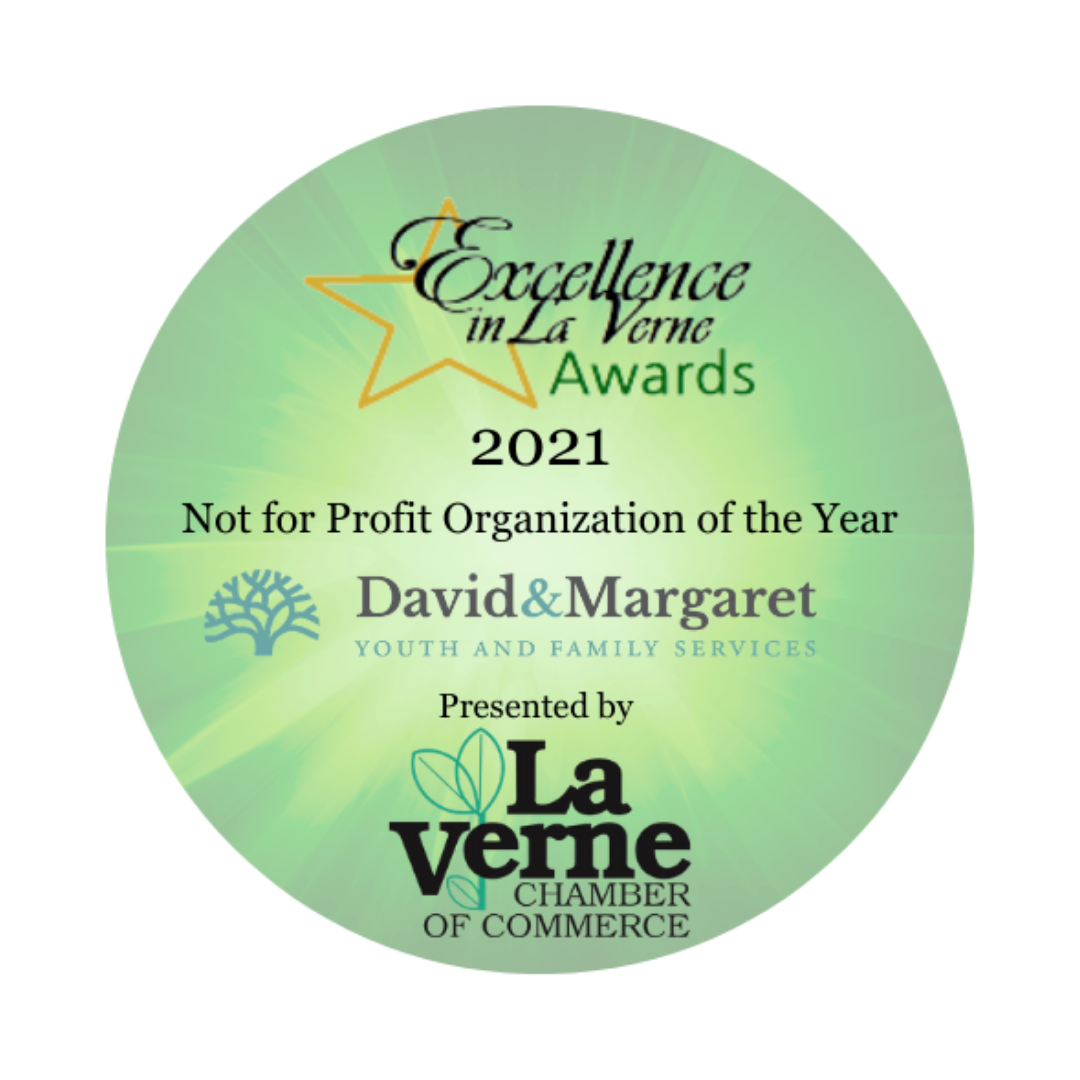
Behind the global drug trade, human trafficking is the largest criminal enterprise in the world, amassing more than $150 billion dollars a year, according to the California Department of Justice. For the past several years, Los Angeles County has been identified as one of the nation’s most high-intensity areas for commercial sexual exploitation of children (CSEC), a form of human trafficking that involves the sexual abuse and/or exploitation of a minor for financial benefit or anything of value. The FBI reported in 2016 that 60% of children recovered from CSEC incidents had been involved in the child welfare system. Some reports from LA County put that estimate closer to 80%.
Traffickers target youth with a history of foster care due to their vulnerability. With overloaded case workers, inadequate resources, and unstable living conditions, these youth can feel as they need to look outside the system for support. Most youths in child welfare have experienced at least one form of trauma, which can prime them for manipulation from traffickers who prey on their need for protection, security, and belonging. Exploiters will recruit victims in common places like malls, bus stops, around schools and group homes, even on social media. Trust is gained by showing interest or affection, buying desired items, and offering false promises of a “better life.”
Since 2014, LA County has implemented new legislation and protocols to change how victims are perceived through the eyes of the law and help prevent and intervene in CSEC incidents. Regarding legislation, CSEC is now included in mandatory child abuse reporting and prostitution has been decriminalized for minors. Departments across the county, including the Department of Mental Health, DCFS, and the Sheriff’s Department created the First Responder Protocol (FRP) with the aim of treating youth involved in CSEC as victims of abuse and human trafficking, rather than arresting and prosecuting them through the juvenile justice system. The FRP lays out the first 72-hour period after identification to include mental and physical health evaluations, immediate safe housing, and contact with advocates and case workers. Using this approach, almost 600 youth have been recovered since implementation, according to LA County’s six-year review of the protocol.
At David & Margaret, our unique position as both a Foster Care and Adoption Agency (FFA) and a Transitional Housing Program (THP) puts us on the front lines helping victims of CSEC. For our foster families, ongoing training in trauma-informed practices are offered to prepare parents for youth who may have been impacted by sexual abuse and CSEC. Our experienced staff provides around-the-clock support to families and linkages to additional resources when needed, like mental health services and support groups.
Youth who enter COMPASS Programs, David & Margaret’s THP, are interviewed beforehand to identify the needs and concerns of each individual. Many enter the program having a history of sexual abuse, increasing their vulnerability to CSEC, or having had previous involvement in CSEC. When those youth are identified, plans are created to best support the individual and their circumstances. Our trauma-informed social workers connect these young adults to mental health services, peer support groups, and build trusting relationships with participants to ease their transition. Through access to safe and affordable housing, job training, and educational assistance through COMPASS, these young adults have a better opportunity at stability and are less vulnerable to further victimization.
CSEC is a systemic threat to children, youth, and families in every community. These issues cannot be solved overnight or by one organization, it requires continued collaboration between law enforcement, child welfare services, and organizations like David & Margaret. More research is needed to address the links between child welfare involvement and CSEC so that action steps can be implemented to protect our community’s most vulnerable.
You can help make a difference in the lives of youth impacted by sexual abuse and CSEC by donating to David & Margaret. Your support provides continued training for staff and families and ensures access to critical resources for the youth we serve. Thank you.








